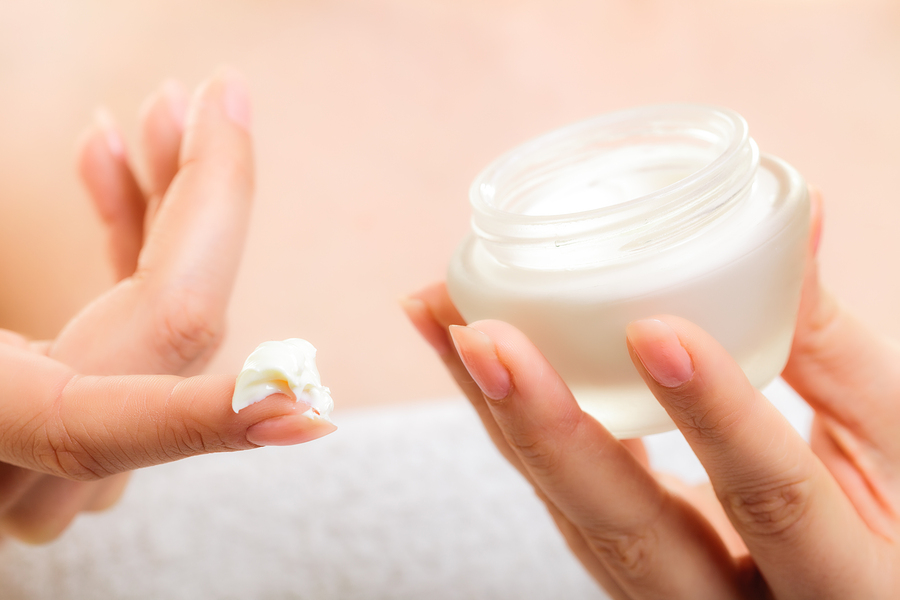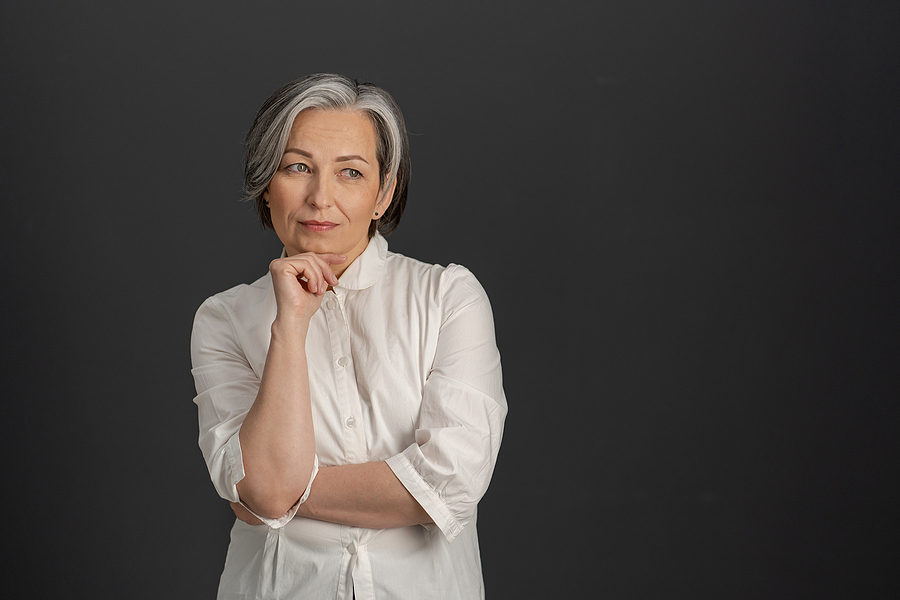How to have glowing skin in your 50s
Because, yes, it is possible with the right know-how
Wrinkles. Dry skin. Eye bags. We’ll happily discuss these with a perfect stranger ‘on-counter’, but when was the last time you heard someone cite the M-word as a genuine skin concern?
As pivotal a life stage as puberty, with its own set of paradigm shifts for hormones, the conversation surrounding menopause has been fairly hushed. But thanks, in part, to a small group of high-profile women breaking the silence on their own menopausal journeys, things are slowly starting to change. The menopause manifests as a dip in oestrogen, the ‘female’ hormone which affects women physically and mentally in many ways. At the same time, androgens (male sex hormones such as testosterone) are ‘unmasked’ by falling oestrogen, sending skin and hair into flux. But it’s not all bad news. With the discussion evolving, and a raft of products, there’s lots to feel positive about. Here’s what you should know.
When dry skin strikes
 ‘During menopause, there’s a significant loss of hyaluronic acid, an important part of skin hydration – particles hold up to 1000 times their own weight in water,’ explains consultant dermatologist Dr Justine Hextall, director of the Tarrant Street Clinic, West Sussex. ‘We also lose some of the fats in our skin that seal the skin barrier, such as ceramides. These act as the cement surrounding the skin barrier’s “bricks”. As we lose these fats, skin becomes drier and its ability to retain water reduces.’ To counter this double blow of dehydration, apply products containing hyaluronic acid onto slightly damp skin to help boost their hydrating effect, then layer with a rich cream to support the skin barrier.
‘During menopause, there’s a significant loss of hyaluronic acid, an important part of skin hydration – particles hold up to 1000 times their own weight in water,’ explains consultant dermatologist Dr Justine Hextall, director of the Tarrant Street Clinic, West Sussex. ‘We also lose some of the fats in our skin that seal the skin barrier, such as ceramides. These act as the cement surrounding the skin barrier’s “bricks”. As we lose these fats, skin becomes drier and its ability to retain water reduces.’ To counter this double blow of dehydration, apply products containing hyaluronic acid onto slightly damp skin to help boost their hydrating effect, then layer with a rich cream to support the skin barrier.
You’re red in the face
Synonymous with the menopause, hot flushes aren’t a skin issue per se, but they feature in a wider story of sensitivity which can spike during menopause. ‘As hormones shift, the skin’s pH changes,’ says Hextall. ‘A change from the naturally acidic barrier leaves skin drier, with increased water loss. You may notice it’s more sensitive, and thread veins appear. Menopause is also a common time to present with rosacea.’ As for flushes, they can start during perimenopause and occur day or night, when the blood vessels suddenly dilate to increase blood flow. ‘Researchers believe this vascular shift is due to changes in neurotransmitter activity that aren’t fully understood, occurring in response to erratic hormones.’ A cooling mist can provide relief. For general skin nourishment, try emollient creams designed to restore the sensitive skin barrier. If you’re concerned about rosacea, or any other skin issue as you get older, seek advice from a dermatologist.
ADVERTORIAL
Latest posts by healthy Magazine (see all)
- The five best easy moves to stay fit at any age - June 28, 2021
- How to have glowing skin in your 50s - June 1, 2021
- Should you be eating more plant-based? - May 5, 2021
- Four things that could be causing your thinning hair - March 29, 2021
- What type of headache do you have? - March 1, 2021






















